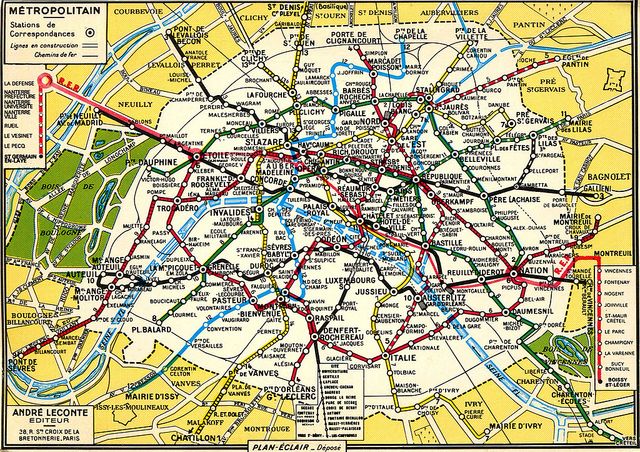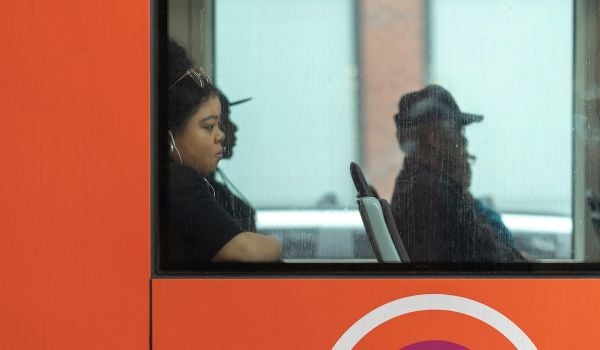The city of Paris is set to get much bigger, technically. A National Assembly vote in July approved a plan to link up Paris with its suburbs to form a massive urban authority in 2016.
It’s a big deal that should strengthen the suburbs and, as The Guardian notes, “the City of Light would radiate outwards, creating much needed jobs and housing.” The city isn’t just creating a regional authority and leaving everyone in the suburbs to fend for themselves. There will be a huge metro and transit expansion — 125 miles of new lines and 72 new stations — which will create more job opportunities in the poorer suburbs. Easier access to transit into Paris proper means better access to jobs.
I asked Julian Sancton, senior features editor at Departures and a former editor of mine who grew up in the Paris suburbs, what he thought about the plan. (You could say he comes from what would now be considered “Greater Paris.”) He seemed nonplussed. “I can’t really figure out how this is going to help decentralize the French economy,” he wrote in an email. Sancton lives in the States now, so I think he’s just jaded.
The reason I’m so enthusiastic about Métropole du Grand Paris — I want to call it The Grand Paris Experiment — is because it marks an old-world city embracing regionalism. I wrote here last week about how some form of regional authority could be the way forward for Detroit, and I think in general that more cities will adopt regionalism in the future. Regional authorities have had good success in the Twin Cities and Portland, Ore.
Think of it this way: In a large metro or urban area, many people who live on the fringes or just outside city limits spend a good majority of their time in the urban core. Many of them work there. But for whatever reason — cheaper rents, better drinking establishments — they choose to live in the greater metro area.
Those commuters can only stand to benefit from what might come from a larger tax base. For starters, if governments poured some of this hypothetical tax revenue into infrastructure and transit, roads would be less congested, and people would consider jobs they might not have otherwise. Sure, people might complain about higher taxes. But who doesn’t complain about taxes? (No one.) The tricky part is figuring out how far out to stretch the regional authority. Where do you draw the borders?
But that’s a conversation that happens from city to city. As it stands now, Paris will be a stronger city come 2016 and, hopefully, other large metro areas will follow suit.
The Equity Factor is made possible with the support of the Surdna Foundation.

Bill Bradley is a writer and reporter living in Brooklyn. His work has appeared in Deadspin, GQ, and Vanity Fair, among others.

















